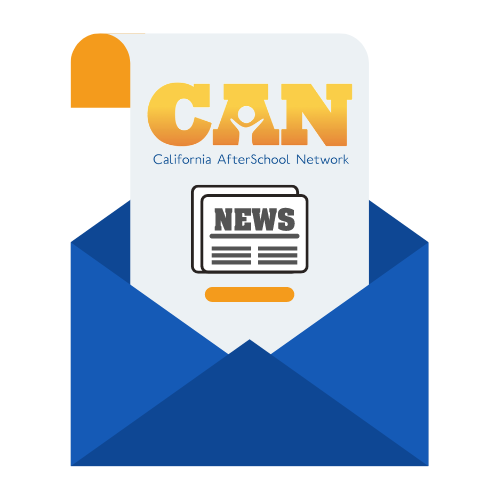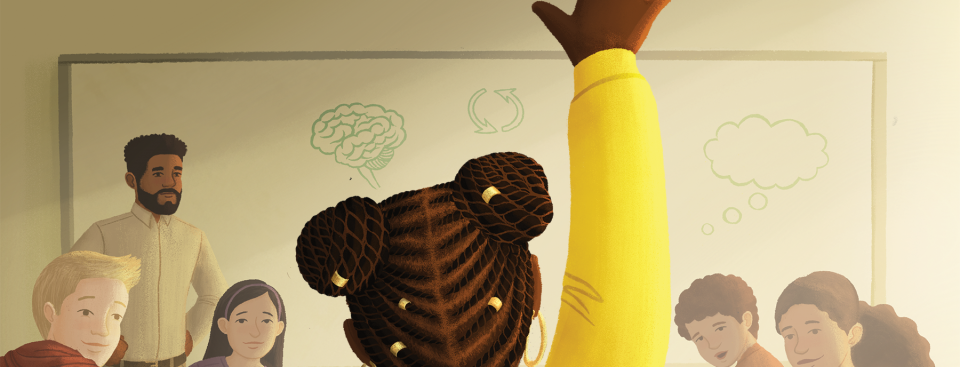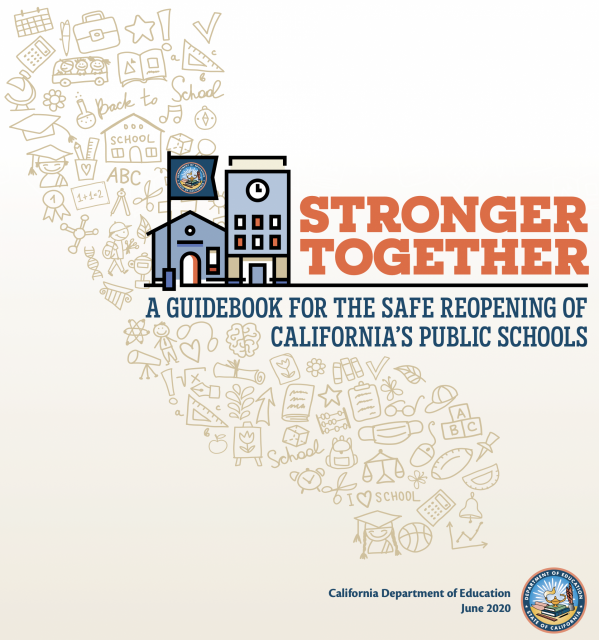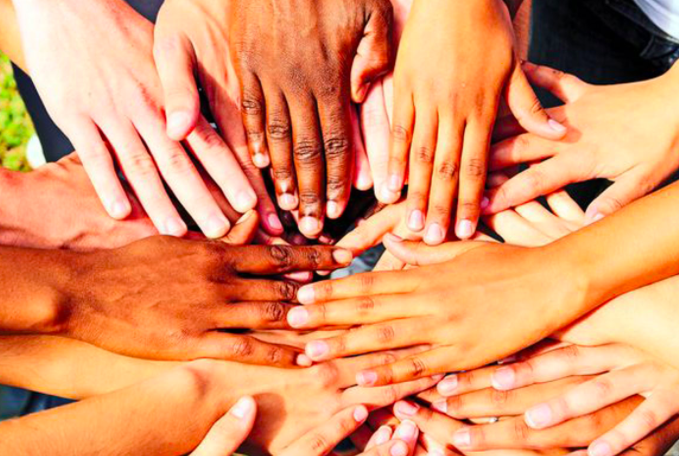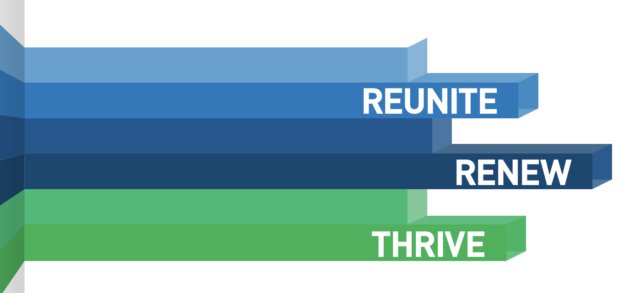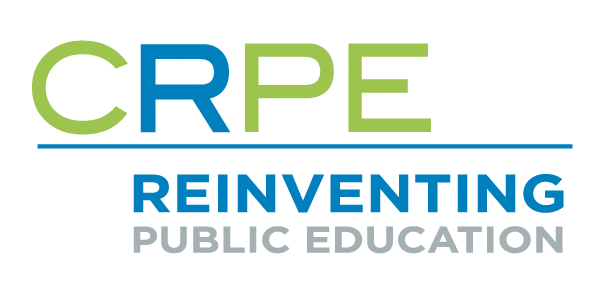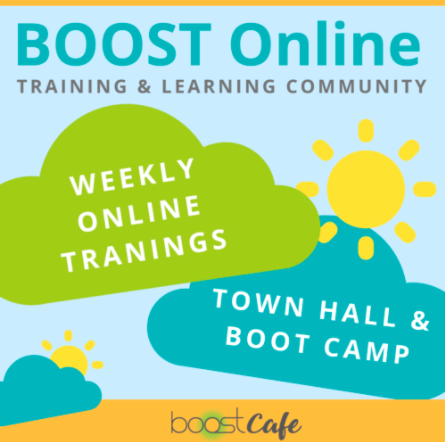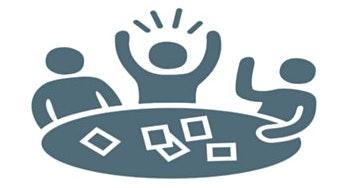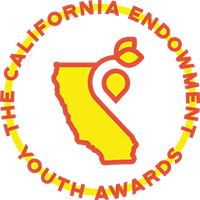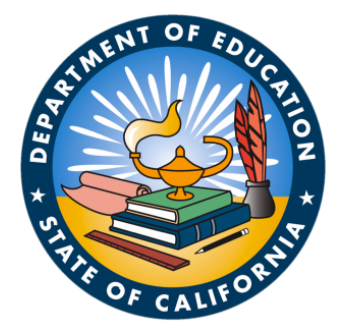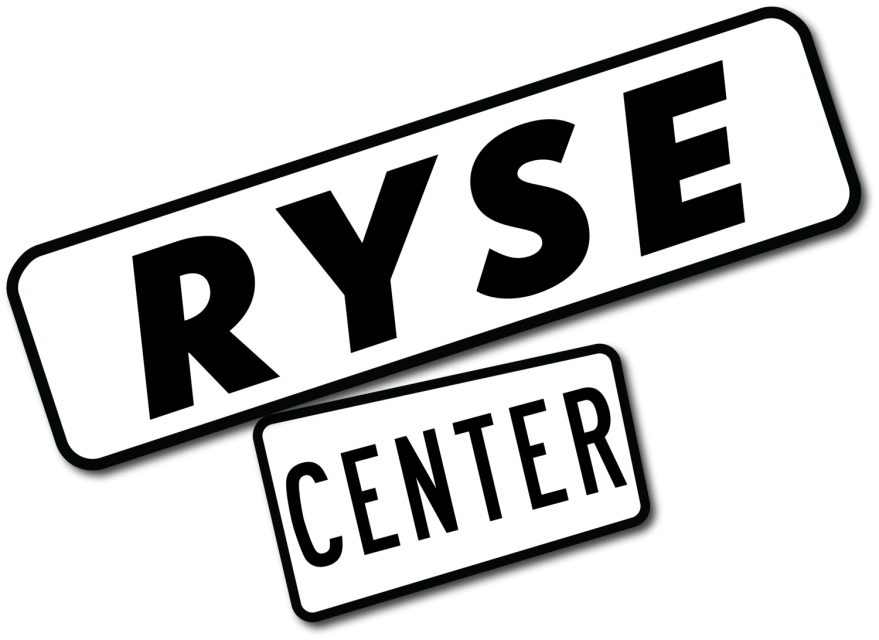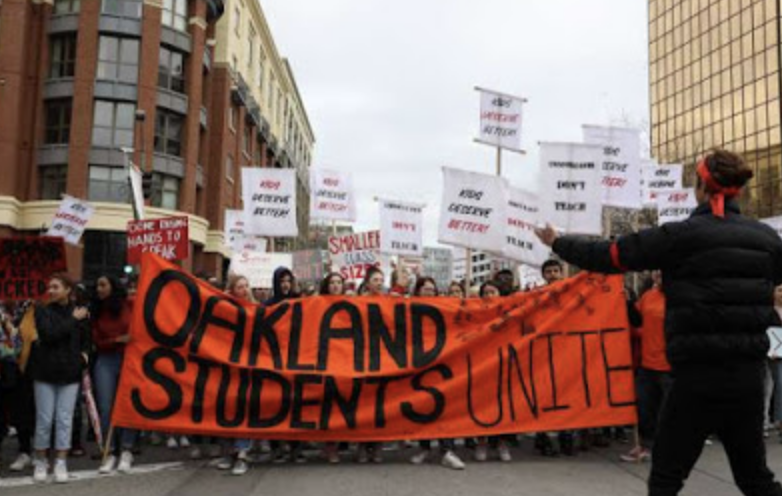CAN Newsletter – July is BIPOC Mental Health Month!
July 21, 2020
July is Black, Indigenous and People of Color (BIPOC) Mental Health Month!
BIPOC are often faced with years – even generations – of trauma, which translates to socioeconomic disparities and, in turn, is linked to mental health concerns today. Learn more about the #impactoftrauma at mhanational.org/july.
By creating spaces in schools that prioritize community and mental health literacy, young people, especially BIPOC students, are able to thrive in safer spaces. Teaching Tolerance offers resources on how educators can commit to reducing stigma and advocating for policy change in schools, not only for the month of July, but year-round.
We know that while we are in the midst of conversations about schools reopening or not, and how we continue to support students in a virtual format, that issues of mental health for all of our students, and particularly for our BIPOC students will continue to surface as a top priority.
Below are just a few resources for additional information and mental health support tailored for BIPOC:
- Mental Health America’s resources on BIPOC Mental Health
- The Loveland Foundation: This foundation provides financial assistance to Black women & girls seeking therapy.
- Therapy for Black Girls: This is an online space encouraging the mental wellness of Black women and girls; has a referral tool to find a therapist in your area.
- Therapy for Latinx: A national mental health resource for the Latinx community; provides resources for Latinx community to heal, thrive, and become advocates for their own mental health.
- Asian American Psychological Association (AAPA): An organization dedicated to advancing the mental health and wellbeing of Asian American communities through research, professional practice, education, and policy.
- Indigenous Story Studio: A Canadian organization that creates illustrations, posters, videos, and comic books on health and social issues for youth.
- WeRNative: A comprehensive health resource for Native youth by Native youth, promoting holistic health and positive growth in local communities and the nation at large.
Additionally, CAN will continue to add and update the Caring For Your Mental Health and Equity pages in our COVID Resource Center, to continue bringing you up to date and relevant resources.
In This Newsletter:
Resource Center: Reopening Schools & Expanded Learning
Visit the CAN COVID-19 Resource Center and the new section on Reopening Schools & Expanded Learning Programs. Below is a small glimpse of the many resources you will find:
- California Department of Education - Stronger Together: A Guidebook for the Safe Reopening of California’s Public Schools (June 8, 2020)
- Stronger Together – Expanded Learning Specific Guidance
- SPI News Conference: Safe Reopening of Schools (June 8, 2020)
- SPI Webinar: Safe Reopening of Schools (June 8, 2020)
- Afterschool Alliance Blog – Reopening in California: “Programs need to be there from the beginning” – Guest Blogger, Michael Funk (July 9, 2020)
Reopening in California: A Blog Post from Michael Funk
July 9, 2020
Reopening in California: “Programs need to be there from the beginning”
Earlier this month, California released its school reopening plan, “Stronger Together: A Guidebook for the Safe Reopening of California’s Public Schools.” Michael Funk expresses feeling very proud that the Expanded Learning Division at the California Department of Education was asked to submit a section on expanded learning for the reopening plan. The Expanded Learning Division took a specific approach for their section of the plan in order to lay out the strengths of expanded learning and why it’s critically important to have expanded learning deeply involved in the reopening of schools.
Reunite, Renew, and Thrive: Social and Emotional Learning Roadmap for Reopening School
Reunite, Renew, and Thrive: Social and Emotional Learning (SEL) Roadmap for Reopening School, July 2020.
CASEL, in collaboration with 40 partners, has created a roadmap that illuminates a way forward with social and emotional learning that focuses on relationships that are built on the existing strengths of a school community.
Supporting Students Through COVID-19
With the abrupt closure of schools around the country as a result of the COVID-19 pandemic, many community-based organizations that support students have had to cease offering services. Others have transitioned to providing services digitally and with this new integration of online services, organizations have been able to learn early and important lessons along the way.
Child Trends has collaborated with a group of nonprofits serving students at Suitland High School in Prince George’s County, Maryland to create a blog that shares promising practices about serving students remotely during the pandemic.
Reopening Plans Illuminate the Tradeoffs and Confusion Districts are Facing as they Prepare for Fall
Districts and states have been slow to release much information about what is to be expected in the fall, but tentative plans are taking shape. Robin Lake and Bree Dusseault take note that many districts are taking divergent paths for the 2020-21 school year. As more and more districts are making their plans public, they are being compiled in a national database to emphasize all of the different strategies districts and states are taking into consideration when coming up with the best way to serve students.
BOOST Collaborative Online Learning Opportunities
Check out a few of the free trainings offered in July and find the complete list of trainings in the BOOST Online Training & Learning Community!
-
Creating The Skill Set Needed for the Post COVID
Workplace in Expanded Learning
Date: Wednesday, July 22, 2020
Time: 10:00am-11:15am PDT -
Building Partnerships That Last
Date: Friday, July 24, 2020
Time: 10:00am-12:00pm PDT -
Finding
the S.P.A.R.K. Beyond Trauma: Speaking to the Potential,
Ability and Resilience inside EVERY Kid
Date: Thursday, July 30, 2020
Time: 10:00am-11:30am PDT -
SEL Practices During Distance Learning
Date: Friday, July 31, 2020
Time: 10:00am-12:00pm PDT
Virtual Game Night!
Thursday, July 23; 5:30-7:30 PM
Join CalSAC as they host a Virtual Game Night centered around community, connection, and fun!
Space is limited! Register today!
The California Endowment’s Youth Awards
Deadline: Sunday, August 9, 2020
In California, young people have paved the way for transformational change and sparked movements for social progress time and time again. The California Endowment’s Youth Awards aims to recognize these outstanding young changemakers and youth-allied organizations that have made an incredible impact in their communities throughout California.
Rescheduled Online Speaker’s Forum Healing the Impact of Racial Injustice and Inequity: The Role of Afterschool
Friday, August 14, 2020; 10-11:30 am
A Webinar with Dr. Shawn Ginwright, Hosted by How Kids Learn
The COVID-19 pandemic and the long list of African Americans killed by police has laid bare the racial injustice and inequity in our society. We know that many adult staff and many of our youth participants in afterschool are people of color. In the wake of this turmoil, how can we address the needs of our staff? How can we prepare staff and redesign our programs to promote racial healing? What is the best way to facilitate discussions of systemic racism? How is afterschool positioned for this? Should we urge/ support youth to engage in civic action? And, is there a way to do some of this work remotely, as programs may not re-open in the Fall? Dr. Ginwright will address some of these questions in his presentation and will be available to respond to questions.
Important CDE Updates
July 2020
Important updates from the California Department of Education Expanded Learning Division (EXLD) regarding:
- Survey-Identifying 21st CCLC and ASSETs Programs Charging Fees
- ASES Universal Final Intent to Award
- ASES Frontier Final Intent to Award
2020 Census: Resources, Representation, and Inclusion
Did you know data from the 2020 Census is estimated to distribute over $115 billion per year across California for federally funded programs? By responding to the Census you help your community secure BILLIONS of dollars of funds a year for 55 public programs in your community. Check out these infographics from Ryse Center to better understand the impact of the Census! Join youth leaders today and be counted!
Learning in Afterschool & Summer Resources
Check out the most recent blogs from LIAS!
Check out CAN’s Other Newsletters!
Access the CAN newsletter archives to view past newsletters today! You may be interested in some of our other newsletters as well:
CAN Policy Newsletters
- Get informed about state and federal afterschool updates!
- Subscribe today!
CAN Health and Wellness Newsletters
- Get informed on the connections between afterschool and Whole Child Health and Wellness newsletter!
- Sign up to receive the newsletter today!

